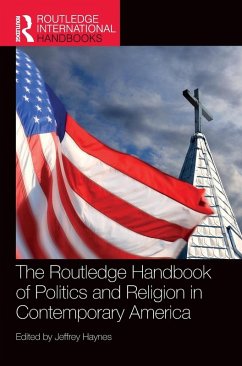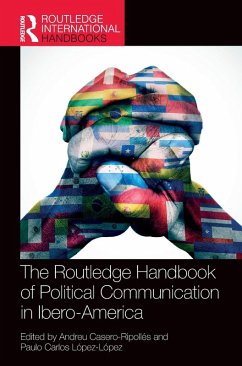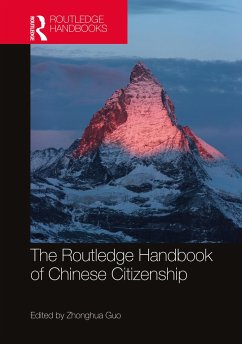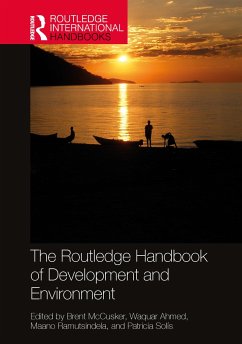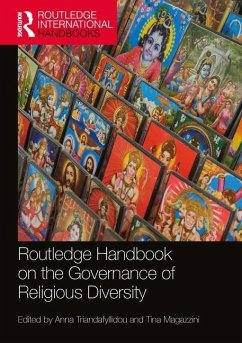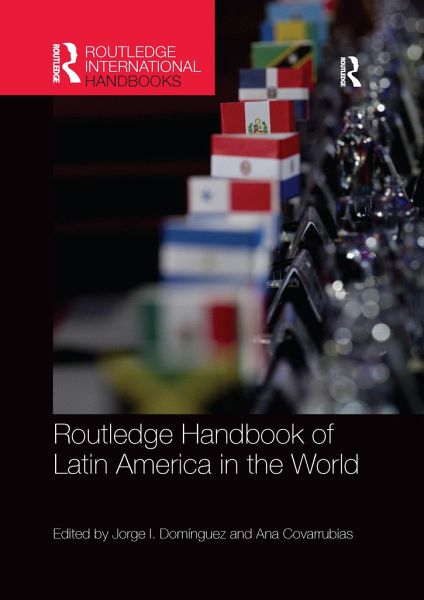
Routledge Handbook of Latin America in the World
Versandkostenfrei!
Versandfertig in 1-2 Wochen
60,99 €
inkl. MwSt.

PAYBACK Punkte
30 °P sammeln!
The Handbook of Latin America in the World explains how the Latin American countries have both reacted and contributed to changing international dynamics over the last 30 years. It provides a comprehensive picture of Latin America's global engagement by looking at specific processes and issues that link governments and other actors, social and economic, within the region and beyond. Leading scholars offer an up-to-date state of the field, theoretically and empirically, thus avoiding a narrow descriptive approach. The Handbook includes a section on theoretical approaches that analyze Latin Amer...
The Handbook of Latin America in the World explains how the Latin American countries have both reacted and contributed to changing international dynamics over the last 30 years. It provides a comprehensive picture of Latin America's global engagement by looking at specific processes and issues that link governments and other actors, social and economic, within the region and beyond. Leading scholars offer an up-to-date state of the field, theoretically and empirically, thus avoiding a narrow descriptive approach. The Handbook includes a section on theoretical approaches that analyze Latin America's place in the international political and economic system and its foreign policy making. Other sections focus on the main countries, actors, and issues in Latin America's international relations. In so doing, the book sheds light on the complexity of the international relations of selected countries, and on their efforts to act multilaterally.
The Routledge Handbook of LatinAmerica in the World is a must-have reference for academics, researchers, and students in the fields of Latin American politics, international relations, and area specialists of all regions of the world.
The Routledge Handbook of LatinAmerica in the World is a must-have reference for academics, researchers, and students in the fields of Latin American politics, international relations, and area specialists of all regions of the world.





